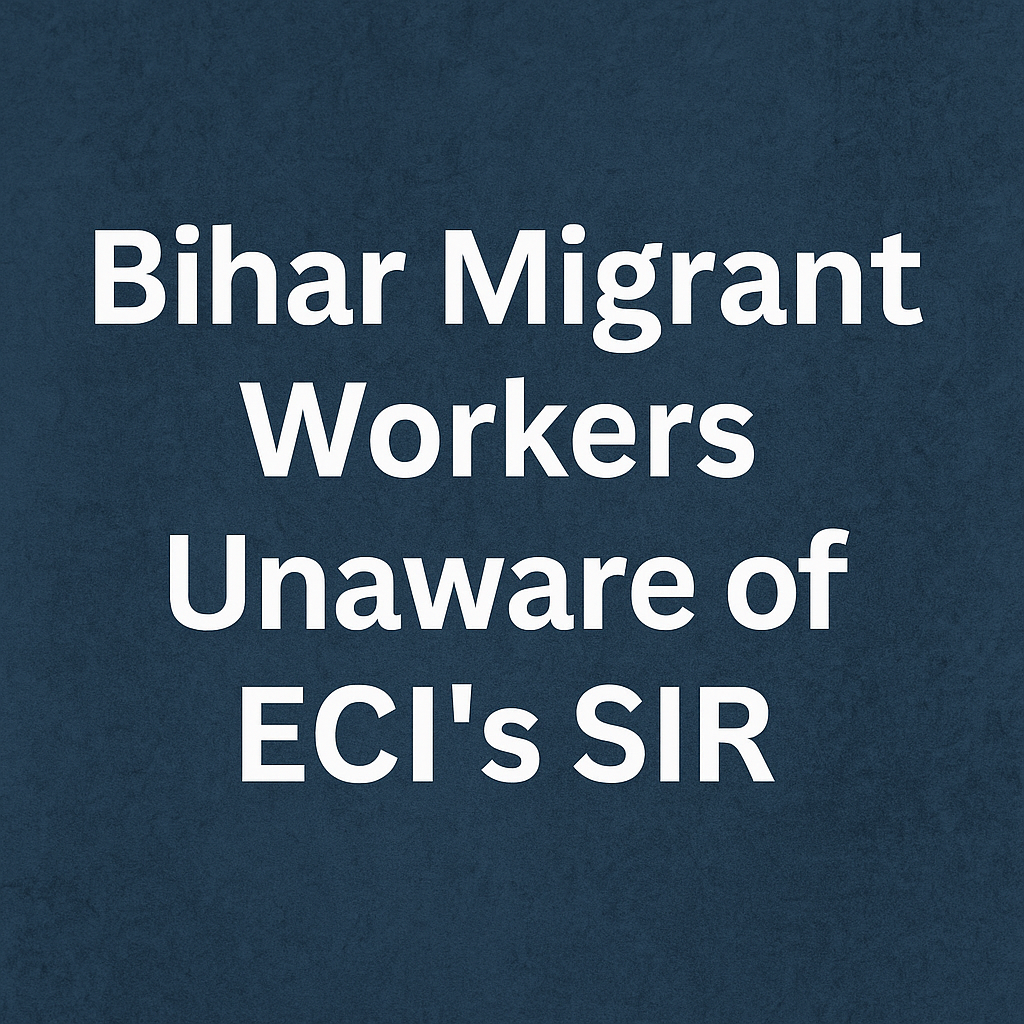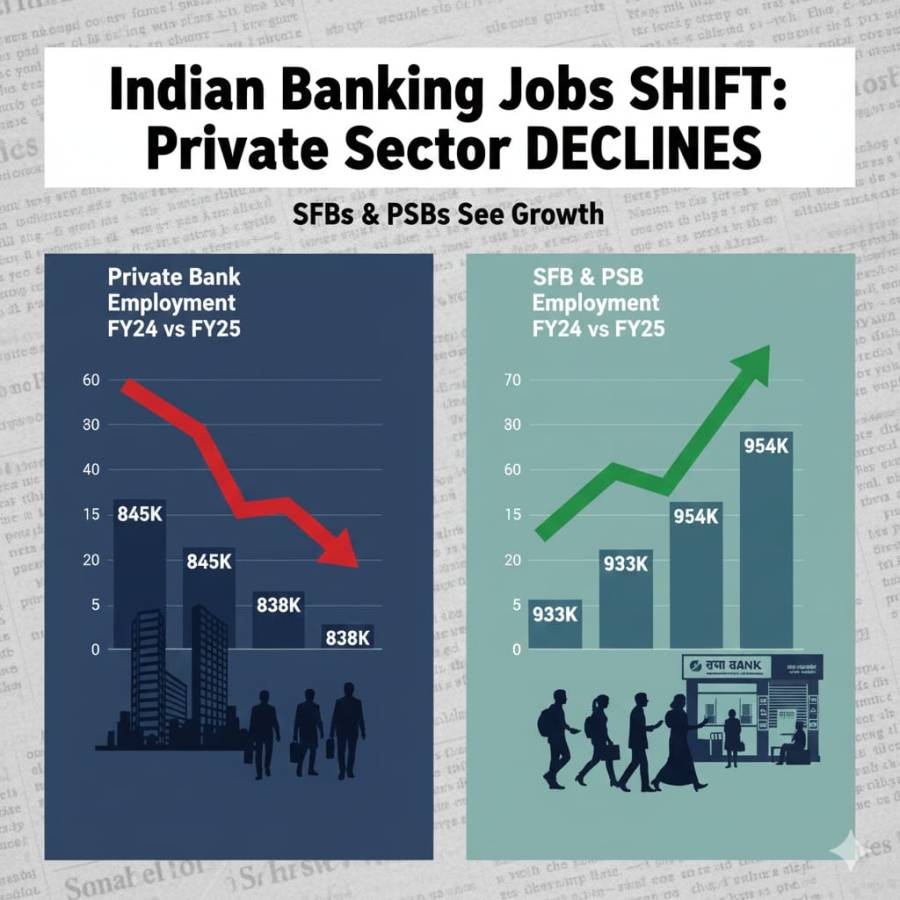
The Election Commission of India (ECI) started a Special Intensive Revision (SIR) of the electoral rolls in Bihar on June 24. This was meant to update voter records and remove fake entries. It was the first such revision in the state since 2003. But while the goal seemed fair on paper, the reality for Bihar’s migrant workers tells a very different story.
A survey conducted by the Stranded Workers Action Network (SWAN) shows that 90% of Bihar’s migrant workers living outside the state had no idea that the SIR was happening. This is alarming, especially when the revision process directly affects their right to vote. Without proper information, people are left out, not because they are ineligible, but because they are uninformed.
The survey included 338 migrant workers, both in and outside Bihar. Among them, 68% said they did not know what documents were needed for the verification process. This lack of clarity is dangerous. It means that even if a worker wanted to stay on the voter list, they may not know how.
The ECI listed 11 specific documents as valid for SIR verification. But 35% of the surveyed workers did not have any of them. Many said they preferred using their Aadhaar card or existing voter ID — documents they already had. But these were not officially accepted under the new rules. In many cases, officials still collected these cards along with the enumeration form. This shows how confusing the process has become, both for citizens and field officers.
The problem runs deeper. Even though the ECI launched an online form for migrants outside Bihar, 75% of them said they had never heard of it. Less than 1% had submitted the form online. This proves that digital solutions without proper outreach are not enough. Most migrant workers either do not have access to reliable internet or do not know how to use such portals.
The timing of this revision has also raised eyebrows. With the Bihar assembly elections coming soon, opposition parties are worried. They say that poor and marginalised voters may lose their voting rights if they cannot produce the required documents. This concern cannot be brushed aside. If even one eligible voter is removed unfairly, the democratic process suffers.
But this issue is not just about rules or politics. It is about recognition. Bihar sends millions of workers to other states. They build roads, clean cities, serve in homes and shops — yet, when it comes to voting, they are the most ignored. If they are not told about an electoral revision, if they are not guided through the process, then their right to vote becomes meaningless.
The SIR could have been an opportunity to bring more people into the democratic fold. Instead, it risks doing the opposite. When systems become too complex, people lose trust in them. And trust, once lost, is hard to rebuild.
To fix this, the Election Commission must take urgent steps. Officials should visit workplaces where migrants are employed and explain the SIR process clearly. Local leaders and panchayats can be involved in spreading awareness. The documents list must be made more practical, and Aadhaar or voter ID should be accepted without confusion.
Young voters in Bihar must also take this issue seriously. They must help family members and neighbours understand the process. Awareness is the first step toward empowerment. If people know their rights and how to claim them, no one can take them away.
In the end, voting is more than a formality. It is a sign that every citizen matters. Bihar’s migrant workers have already given enough to the country. It is time the system gave them their due — by protecting their vote and making sure their voice is heard.





















